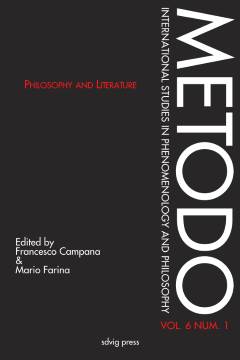Shakespeare e il teatro dell'intelligenza
Dagli errori di Bruto a quelli di René Girard
pp. 73-98
Abstract
This article aims to compare the heuristic potentials of two different theories of desire, with reference to Shakespeare’s Julius Caesar. The first theory is that of mimetic desire, proposed by René Girard; the second theory is the one elaborated by Freud and Lacan, a theory of which we emphasize the conception of identity in terms of identification and the distinction between the Imaginary and Symbolic registers (conversely, Girard’s mimetic desire corresponds to the Imaginary register only). The crisis of the Degree together with the unleashing of rivalry represent a war between “doubles”, whose only solution would be the killing of Caesar, accomplished with purity of hearts («Let us be sacrificers, but not butchers», says Brutus to Cassius and to the other conspirators); the failure of the sacrificial rite would be due to the prevalence of envious violence. In line with a Lacanian perspective, and by way of a less scholastic conception of the Symbolic – understood here in term of dimension of intellectual complexity, and therefore of political art – this article intends to suggest a different interpretation: the main nucleus of the work falls on the duel between Brutus and Anthony, where the triumph of Anthony expresses the primacy of intelligence.
Publication details
Published in:
Campana Francesco, Farina Mario (2018) Philosophy and literature. Metodo 6 (1).
Pages: 73-98
Full citation:
Bottiroli Giovanni (2018) „Shakespeare e il teatro dell'intelligenza: Dagli errori di Bruto a quelli di René Girard“. Metodo 6 (1), 73–98.


